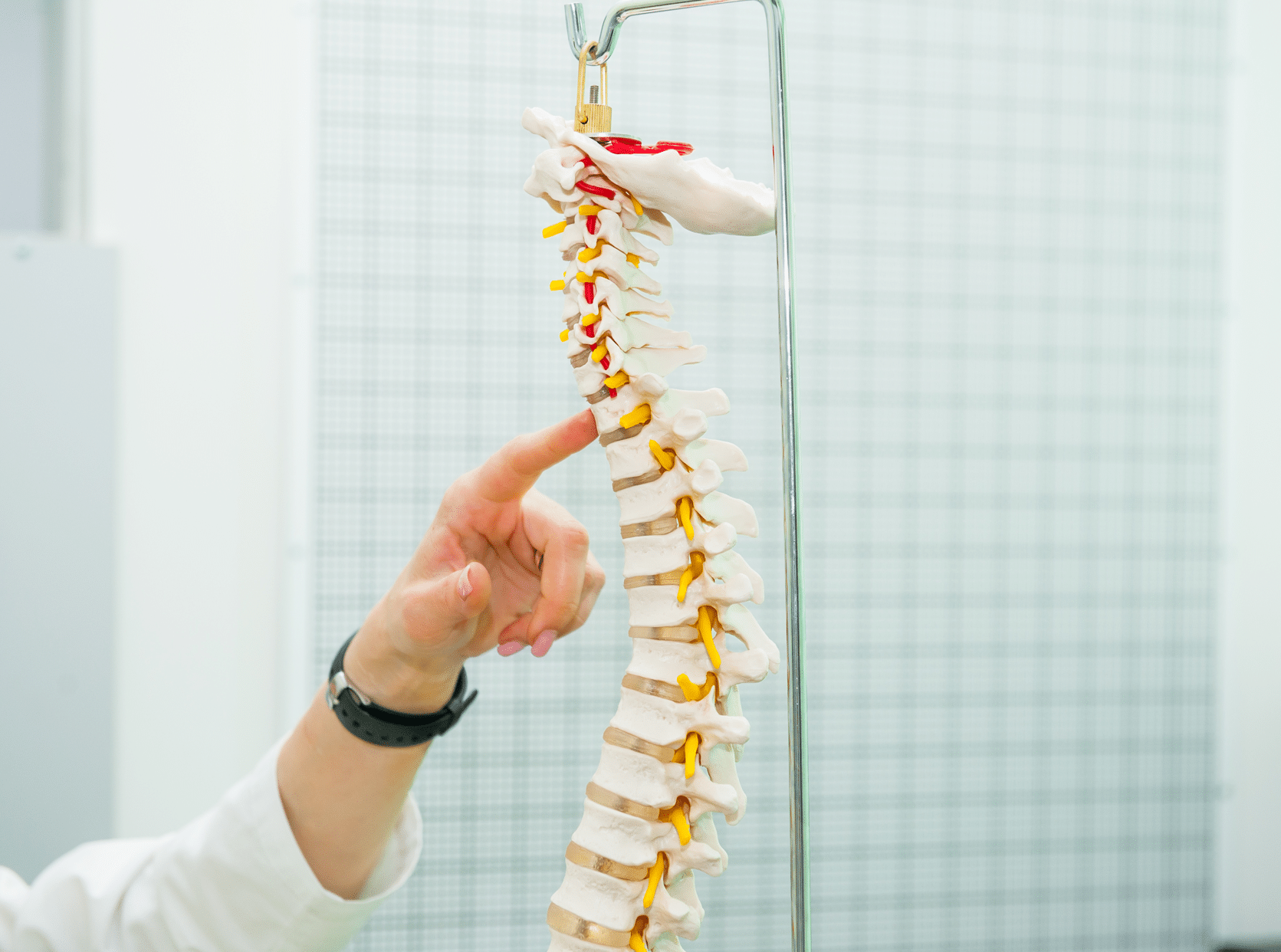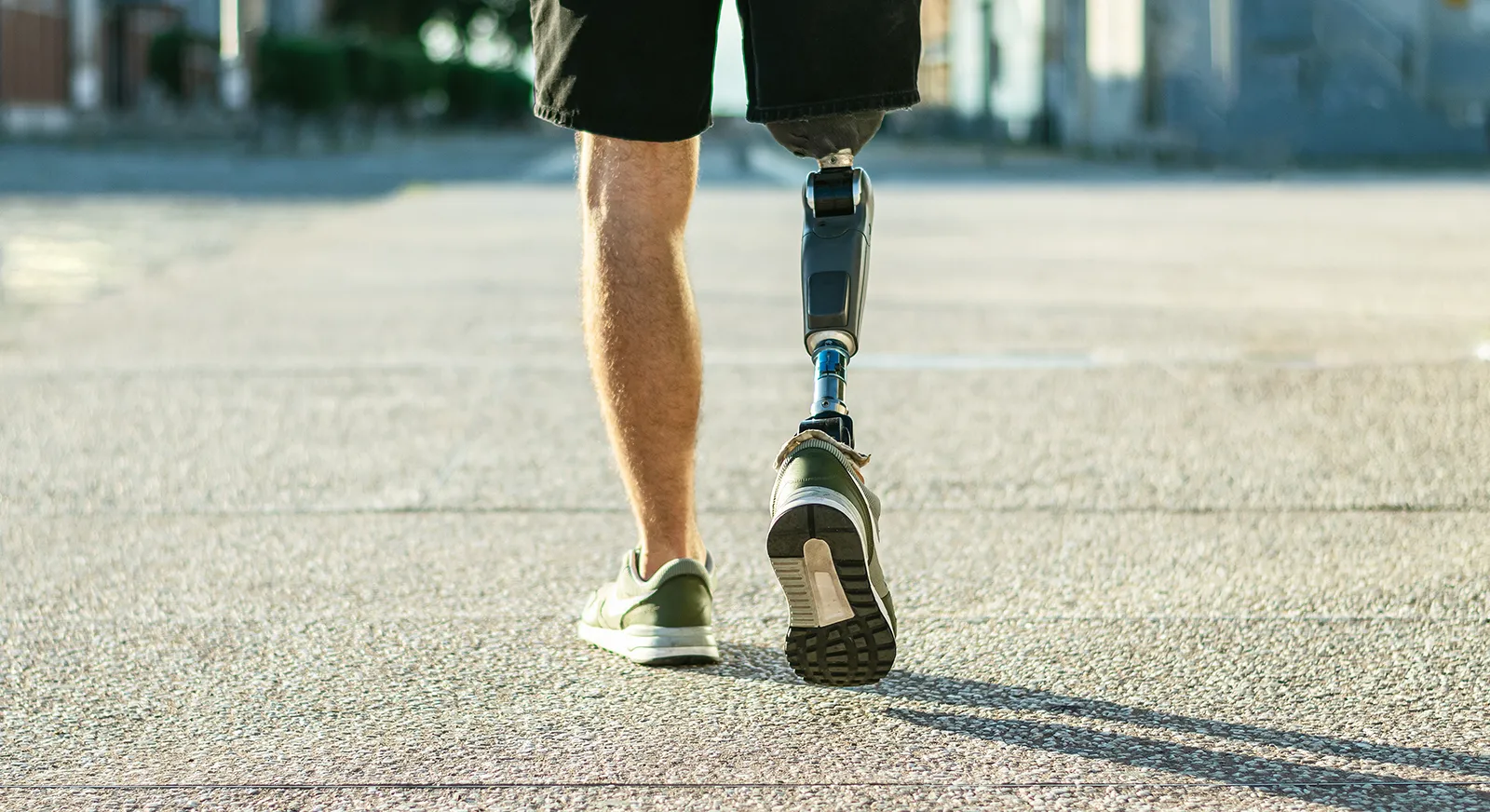This article was originally posted in 2015 and has been updated in 2021.
When a client is faced with a personal injury case, a common question is “what can I claim damages for?” This post lists 15 of the most common components which make up compensation for a personal injury claim.
The following list is not exhaustive:
- The injury itself – known as “General Damages”.
- Loss of earnings – including the money you lost while not working, including any reduction while on light duties. This is usually easy to calculate, although it can be trickier if you are a seasonal worker, or are self-employed.
- Loss of enjoyment of a holiday – for example, if you have a beach holiday booked before the accident and still go on the holiday with your leg in plaster, then it is likely that your holiday would be less enjoyable unless you enjoy the attention!
- Pension loss – if you or your employer stop making contributions to your pension, it may cause you a future loss when you come to draw your pension.
- Compensation for care and assistance – this can range from a wife looking after her husband for four weeks as a result of a road traffic accident, to a lifetime of care provided by family, friends or professional carers following a life-changing accident.
- Future loss of earnings – often the reason for the very high-value claims. Such a claim is common if you need to retire earlier than you planned because of an accident-related injury.
- Loss of enjoyable/amenable employment – additional compensation can be claimed if you cannot return to a job which you loved, because of the accident-related injuries, even though you can work in a different position.
- Loss of housekeeping help – this includes DIY and gardening and is designed to compensate people who, as a result of their injuries, they have to pay another person to do what they would have done before the accident.
- Loss of use of vehicle – relevant with Road Traffic Accident For example, if due to an accident your car is sitting idle outside, with insurance and MOT paid for, it is reasonable that you should claim a proportion of these costs from the negligent driver.
- Housing costs – often people with serious injuries need significant adaptations to their house, such as the installation of a stairlift; or they may even need to move to more suitable accommodation such as a bungalow so that they can resume a normal(ish) standard of living unhampered by stairs.
- Additional fuel costs -if an injured person is housebound during winter, additional heating costs will be incurred. Gas bills can easily treble.
- Damage to clothing – if, say, a nurse had to cut your Gucci jeans off, or your clothes are ruined by blood.
- Medical fees – such as physiotherapy, osteopathy, equipment, aids, treatment etc, providing such costs are supported by a medical expert.
- Travelling costs – to GPs, hospital appointments, physiotherapy etc. Please keep the receipts.
- Loss of prospects of marriage – this is a very rare award intended to compensate people who are less able to marry because of their injuries. Marriage, some people say, is financially beneficial to both parties because two people generally pay for the upkeep of one property.
It should be remembered that some state benefits, which injured people receive because of an accident, may be deducted from certain parts of the financial losses. The theory is that this should stop you being over-compensated and the state recoups benefits from the wrongdoer. Successful personal injury claims shift the burden of the financial responsibility for an accident from the State to an insurance company.
A good personal injury solicitor will get to know their injured client so that they find it easier to prepare a comprehensive schedule of their client’s financial losses. Given that there are no specific “heads of claim” if in doubt, you should tell your solicitor about how you think your finances have been impacted by the accident in order to check if the particular loss is claimable. Remember: an insurer will scrutinise your claim, often striking off perfectly reasonably incurred losses, particularly if you have no evidence! So, collate the evidence. Easy.
Please contact us for more information about what can and cannot be claimed in a personal injury claim.
Further Reading
From one of the UK’s most read legal blogs.










